Introduction
Do Parakeets Lay Eggs: The captivating world of parakeets is filled with charm and curiosity, and one common question that often arises among avian enthusiasts is whether parakeets lay eggs. Parakeets, also known as budgerigars or budgies, are small, colorful parrots that have become popular pets around the globe. These energetic and social birds are known for their ability to mimic sounds and form deep bonds with their human companions. Understanding the reproductive behavior of parakeets is a crucial aspect of responsible bird ownership, and it sheds light on the fascinating life cycle of these feathered friends.
In the realm of parakeets Parrots breeding, the question of egg-laying is a significant aspect of their reproductive biology. Female parakeets have the ability to lay eggs, even in the absence of a mate. This behavior, known as egg-laying or oviposition, is a natural part of their reproductive cycle. However, it sparks inquiries among bird owners about the potential challenges and responsibilities associated with parakeet breeding, as well as the ways to ensure the well-being of the birds during this phase. Exploring the nuances of parakeet egg-laying not only contributes to a deeper understanding of their biology but also aids in providing optimal care for these delightful avian companions.
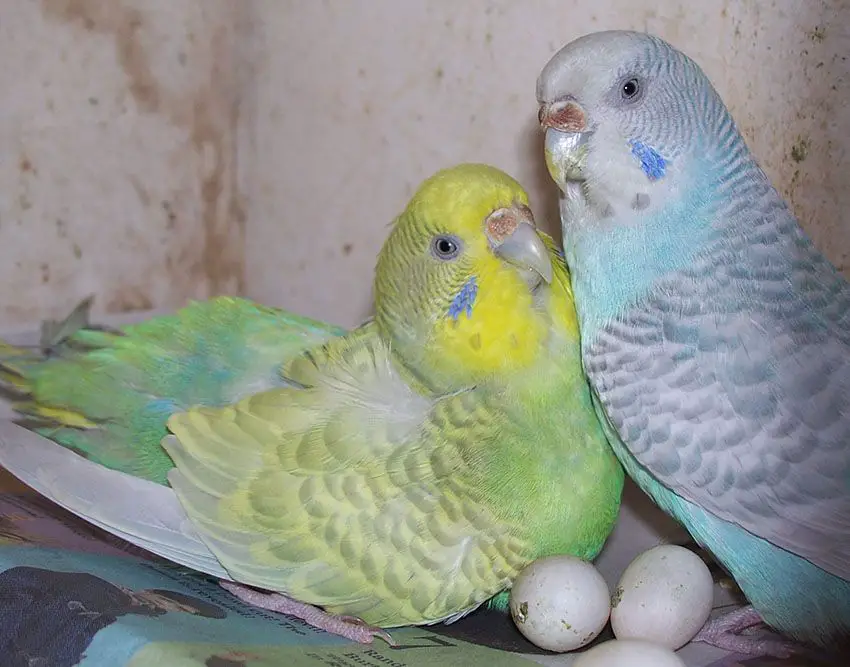
Do parakeets lay eggs without a mate?
What to Do When Your Pet Bird Lays an Egg
It’s not uncommon, but not normal, for female birds to lay eggs without a male bird being present. If you find an egg in your parakeet’s cage, you’re probably wondering how it happened, what to do with it, and whether or not it will hatch
Female parakeets have the ability to lay eggs even in the absence of a mate. This behavior is known as spontaneous or unfertilized egg-laying. Female parakeets have reproductive systems that are sensitive to environmental and hormonal cues, and they may lay eggs as part of their natural reproductive cycle.
Spontaneous egg-laying in female parakeets is more common when they are in a conducive environment, exposed to longer daylight hours, and have access to a suitable nesting area. It’s a natural behavior that is influenced by factors such as hormonal changes, age, and the overall health of the bird.
While it’s normal for female parakeets to lay eggs, there are some considerations for bird owners. Frequent or chronic egg-laying without the presence of a mate can lead to health issues, such as calcium depletion and egg-binding. Providing a balanced diet, appropriate nesting materials, and monitoring the bird’s overall well-being can help mitigate potential challenges associated with spontaneous egg-laying. If you have concerns about your parakeet’s reproductive behavior, consulting with an avian veterinarian can provide tailored advice for your specific situation.
Do female parakeets lay infertile eggs?
However, female pet birds can also lay eggs, even without the presence of a male. Such eggs are infertile and will not hatch, even if incubated. A bird in the peak of health on an ideal diet may be able to sustain some egg production without serious harm.
Parakeets commonly lay infertile eggs, especially if they do not have a mate. Female parakeets have the ability to lay eggs without the need for fertilization by a male. This behavior is part of their natural reproductive cycle and can be influenced by factors such as age, hormonal changes, and environmental conditions.
In the absence of a mate, the eggs laid by a female parakeet will be infertile. These infertile eggs will not develop into chicks. However, the process of laying eggs, whether fertile or infertile, can have implications for the health and well-being of the female bird. Frequent or chronic egg-laying can lead to issues such as calcium depletion, which can result in conditions like egg-binding.
To support a female parakeet that lays eggs, it’s important to provide a balanced and nutritious diet, ensure adequate calcium intake, and create an environment that minimizes stress. Offering a variety of fresh vegetables, a calcium supplement, and monitoring the bird’s overall health can help mitigate potential challenges associated with egg-laying. If you notice any signs of distress or if the egg-laying becomes excessive, consulting with an avian veterinarian is recommended for guidance on proper care and management.
Can a single parakeet lay an egg?
Females may sometimes lay eggs without a male to fertilize them. A young pair of birds may not be successful in their mating attempts, but the female may still lay eggs. Single eggs may fail to hatch due to a chick failing to develop properly inside, or the egg may have somehow just avoided fertilization.
A single female parakeet has the ability to lay eggs even without a mate. This behavior is a natural part of the reproductive cycle in female parakeets. While the eggs laid by a single female parakeet will be infertile without fertilization from a male, the process of laying eggs can still occur in the absence of a mate.
Several factors can influence the likelihood of a single female parakeet laying eggs. These factors include the bird’s age, hormonal changes, the availability of a suitable nesting area, and environmental conditions. Exposure to longer daylight hours can also play a role in triggering reproductive behaviors.
Bird owners should be aware of this behavior and take steps to provide proper care for a female parakeet that is laying eggs. Providing a balanced diet, ensuring adequate calcium intake, and creating a stress-free environment can help mitigate potential health issues associated with egg-laying. If you have concerns or notice any signs of distress in your parakeet, consulting with an avian veterinarian is recommended for personalized guidance.
Can I touch budgie eggs?
It may be that the egg has been handled by the budgie’s owner, and no longer smells like her own. Always wearing clean gloves when you handle the eggs will help. Better still, don’t handle the eggs at all. A stressful cage may also provoke the hen to this drastic action.
It’s generally best to minimize handling or touching budgie eggs, especially during the early stages of incubation. Excessive handling can potentially disturb the natural incubation process and may cause stress to the parent birds. There is a risk of transferring oils or contaminants from your skin to the eggs, which can be detrimental to the developing embryos.
If you need to inspect the eggs or intervene for some reason, it’s advisable to wash your hands thoroughly before touching the eggs. Use extreme care and gentleness, and avoid unnecessary contact. If you must move the eggs, do so with clean hands, and try to mimic the actions of the parent bird to minimize disruption.
That budgies and many other bird species may abandon their eggs or even harm them if they sense interference or disturbance. Therefore, it’s generally best to allow the parent birds to care for the eggs without unnecessary interference. If you have specific concerns or questions about your budgie’s eggs, consulting with an avian veterinarian or a knowledgeable breeder can provide tailored advice based on your particular situation.
What are the signs of parakeets mating?
They will begin to perch, feed and preen together. Providing bathing water will help them get in the mood for mating. The male will display to his mate, this will include lots of head-bobbing and feather-fluffing, and his pupils will often dilate to pinpricks.
Parakeets, also known as budgies, exhibit several behavioral and physical signs when they are in mating or breeding mode. Here are some common signs of parakeets mating:
Courtship Behavior: Male parakeets often engage in courtship behaviors to attract a female. This can include singing, fluffing up their feathers, regurgitating food, and performing gentle head-bobbing movements.
Nesting Behavior: When parakeets are preparing to mate, they may start to exhibit nesting behaviors. This can involve inspecting potential nesting sites, such as cavities or boxes in the cage, and carrying nesting materials, like bits of paper or leaves, to these sites.
Regurgitation: Both male and female parakeets may engage in regurgitation as a form of bonding. The bird will bring up food and offer it to its mate, a behavior that strengthens the pair bond.
Increased Chatter: During mating behaviors, parakeets may become more vocal. This can include increased singing and chattering, especially from the male, as he tries to attract the female.
Close Physical Proximity: Mating pairs will often stay close to each other, perching side by side or preening each other. This physical closeness strengthens their bond.
Egg-Laying: Once the mating process is successful, the female may lay eggs. She may spend more time in or around the chosen nesting site and may become protective of the area.
Territorial Behavior: Mated pairs can become territorial, especially around their chosen nesting site. They may be more defensive and protective during this time.
Is it painful for birds to lay eggs?
The good news is that most experts believe it is usually not painful for a chicken to lay eggs. Others believe it may be a little uncomfortable, without being anywhere close to the pain other animals (including humans) experience during childbirth.
The process of laying eggs is a natural and instinctive behavior for female birds, including parakeets. In general, it is not considered painful for birds to lay eggs when everything is proceeding normally. However, there are factors that can influence the comfort of the process:
Size of the Egg: Larger eggs or eggs that are laid infrequently may cause more discomfort during the actual laying process.
Egg Binding: Egg binding is a condition where an egg gets stuck in the reproductive tract, and it can be painful and even life-threatening for a bird. It is crucial to recognize the signs of egg binding, such as straining, lethargy, and difficulty passing the egg, and seek veterinary assistance promptly if observed.
Health and Nutrition: A well-nourished and healthy female bird is more likely to have a smoother egg-laying process. Adequate calcium intake is especially important for preventing complications like egg-binding.
Environmental Stress: A stressful or unsafe environment can contribute to anxiety in birds, potentially making the egg-laying process more challenging.
Providing a comfortable and secure environment, a balanced diet, and regular veterinary check-ups are key components of ensuring a parakeet’s overall well-being during the egg-laying process. If you have concerns about your bird’s health or behavior during egg-laying, consulting with an avian veterinarian is recommended for proper guidance and care.
At what age do parakeets mate?
Parakeets are physically able to breed at around 6 months old, but they should not be allowed to do so before at least 10 months old. A younger bird won’t be able to be a good parent. There is no hurry — once they’ve matured, females will be able to breed for four years and males for six.
The age at which parakeets are sexually mature and capable of mating can vary, but it generally occurs when they are around 6 months to 1 year old. However, the exact age of sexual maturity can depend on factors such as the bird’s individual development, genetics, and environmental conditions.
In captivity, where parakeets are exposed to consistent and favorable conditions, they may reach sexual maturity on the earlier side of this range. However, it’s important to note that just because a parakeet is physically capable of mating doesn’t mean it’s ready for breeding.
Breeding should be approached with caution and responsibility. It’s advisable to allow parakeets to reach maturity and establish a strong bond with a mate before considering breeding. Furthermore, proper care and attention to the health and well-being of the birds, as well as providing an appropriate environment for nesting and raising chicks, are essential aspects of responsible breeding.
If you are considering breeding your parakeets or have questions about their reproductive behaviors, it’s recommended to consult with an avian veterinarian or seek guidance from experienced breeders to ensure the well-being of the birds involved.
Can two female parakeets mate?
Yes, as you have found out, two same sex birds in captivity will bond as if they were a male & female, and often they will mate, and if both females, one or both may lay eggs.
While female parakeets can engage in bonding behaviors and exhibit some aspects of reproductive behavior, they cannot produce fertile eggs without a male. In birds, including parakeets, mating typically involves both male and female birds. The male contributes sperm to fertilize the eggs laid by the female.
In the absence of a male, two female parakeets may display behaviors such as mutual preening, regurgitation, and even nesting behaviors, but they will not produce fertile eggs. It’s essential to understand that these behaviors are part of their natural instincts, and they may form strong bonds and exhibit nurturing behaviors toward each other.
If you’re considering introducing another bird to your parakeet or creating a pair, it’s important to be aware that not all parakeets will get along, and introducing a new bird requires careful planning and monitoring to ensure their compatibility. Always provide a suitable and safe environment for your birds, and consult with an avian veterinarian or an experienced bird breeder for guidance.
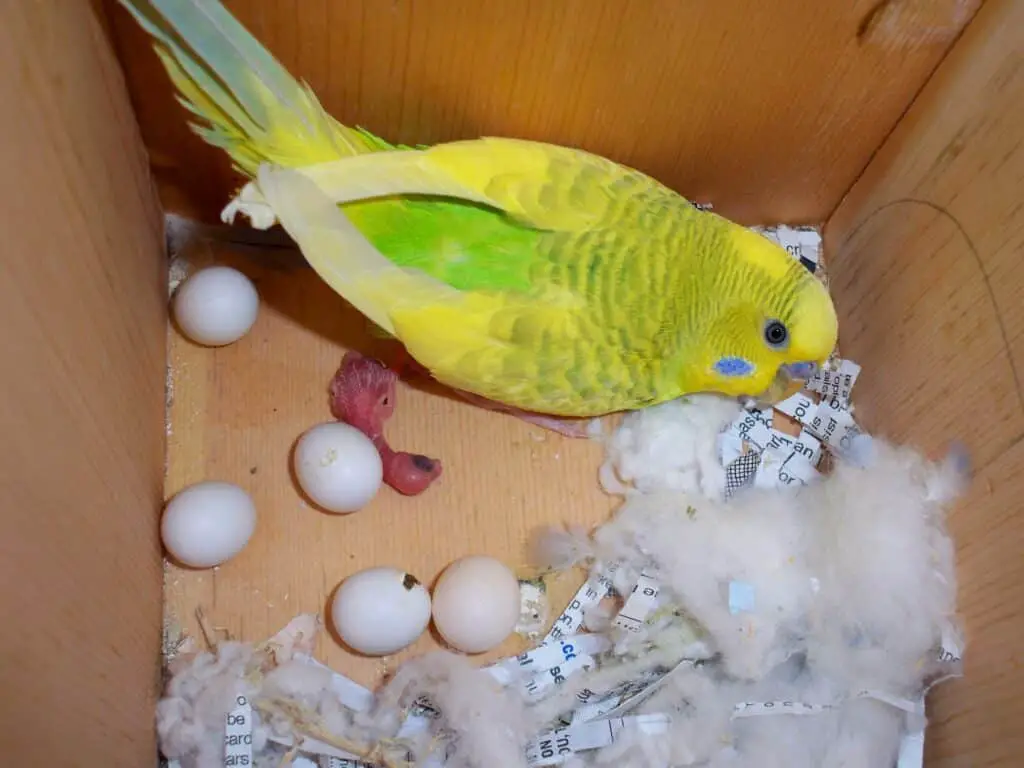
Conclusion
The exploration of whether parakeets lay eggs unveils a fascinating aspect of their natural behavior and reproductive cycle. Understanding the conditions under which parakeets may lay eggs, even in the absence of a mate, provides valuable insights into their biology. While the ability to lay eggs is a normal and natural part of a female parakeet’s life, it also brings forth important considerations for bird owners. Responsible parakeet guardianship involves creating an environment that respects the natural instincts of these birds while ensuring their physical and emotional well-being. The conclusion drawn is one that emphasizes the importance of informed care, thoughtful breeding practices, and continuous observation to meet the unique needs of parakeets during the egg-laying phase.
This exploration prompts reflection on the broader responsibilities of parakeet ownership, encouraging bird enthusiasts to approach breeding scenarios with care and awareness. While the arrival of eggs can be an exciting development, it necessitates proactive measures to address potential challenges, such as egg-binding or overproduction. Ultimately, the knowledge gained about parakeet egg-laying contributes not only to the well-being of individual birds but also to the collective understanding of these charming companions, fostering a harmonious relationship between humans and their feathered friends.

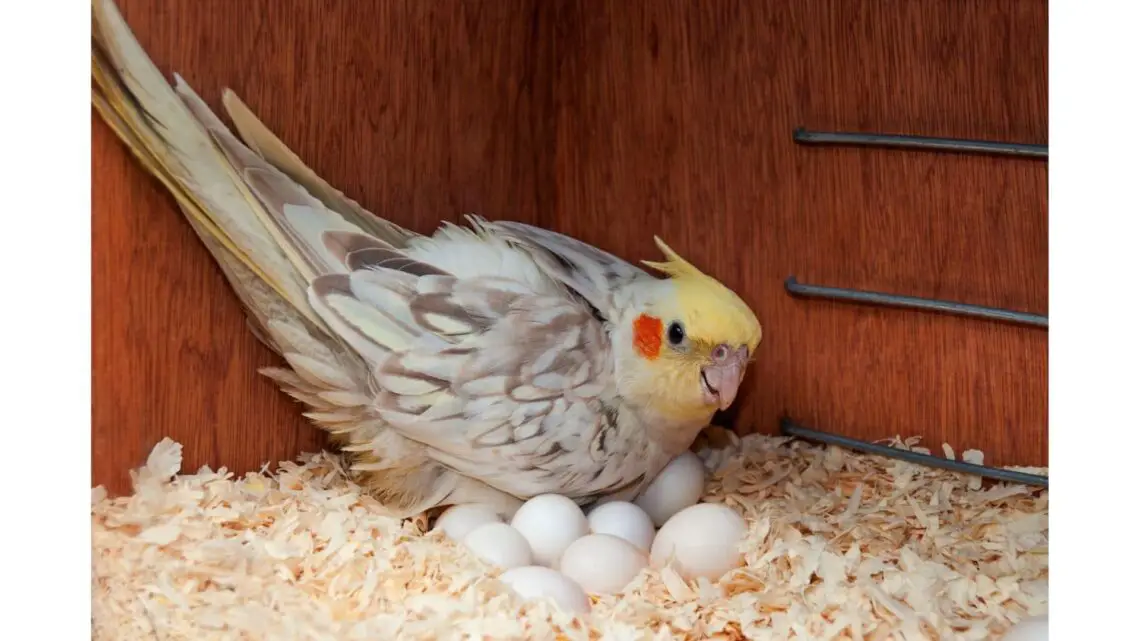

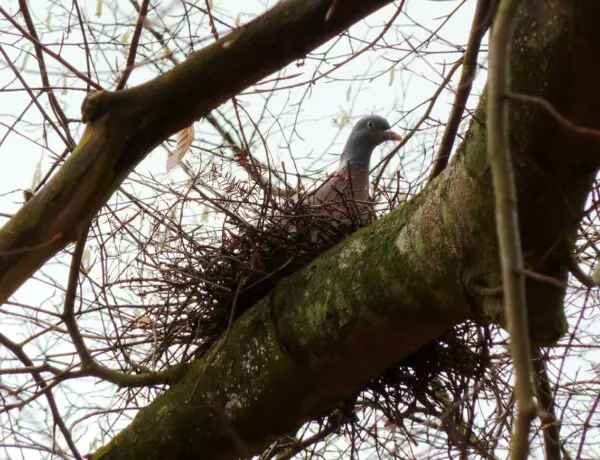
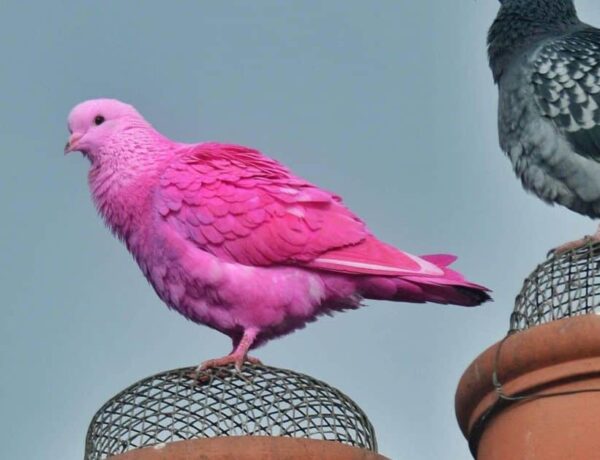
No Comments